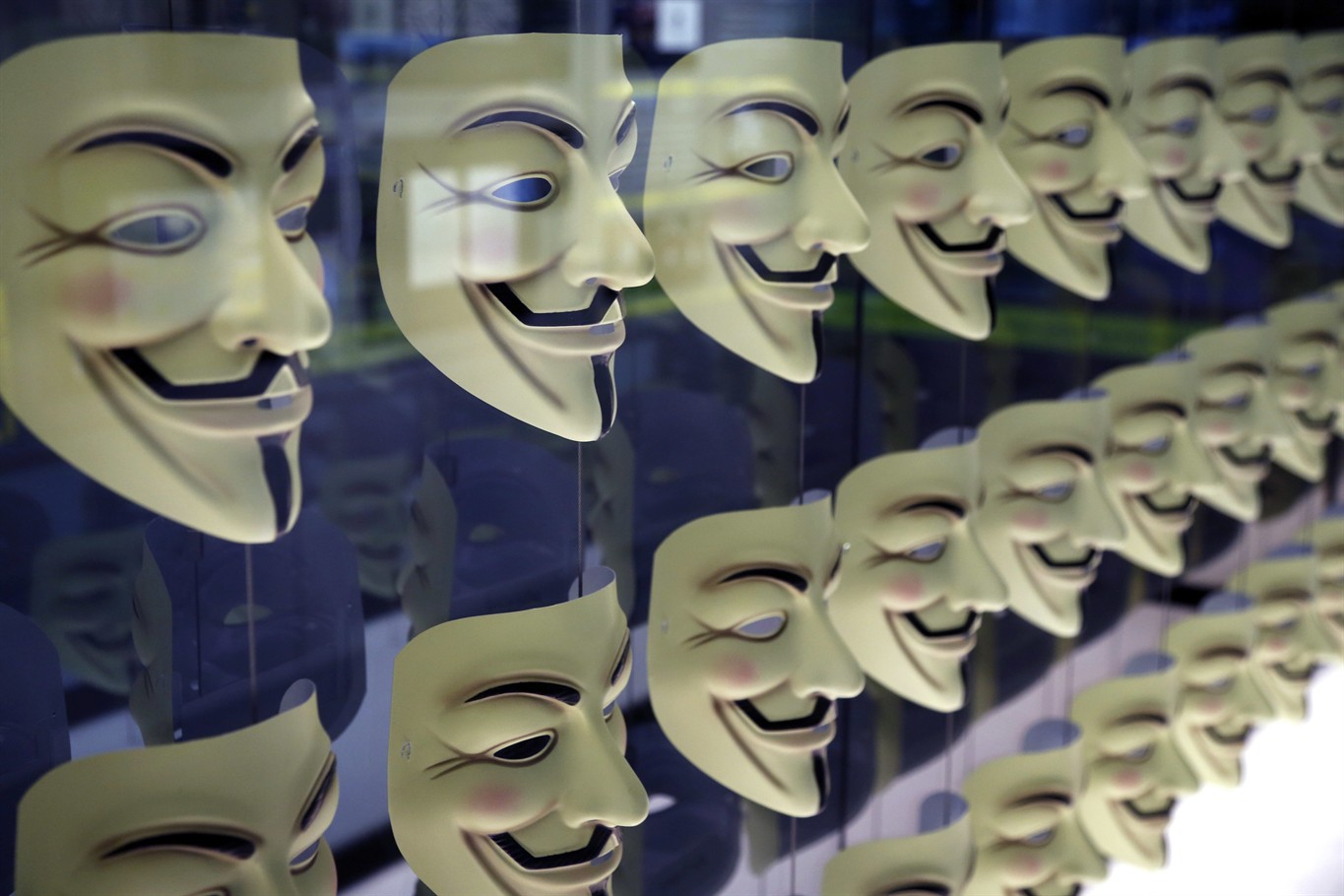A new study by researchers at the University of Delaware digs into the subject of combating conspiracy theories and stereotypes.
According to their findings, released in two academic journals: Stigma and Health and Translational Behavioral Medicine, it is perhaps likely that people who trust conspiracy theories, do so out of anxiety, feelings of powerlessness, and an inability to control their outcomes, especially during large-scale pandemics.
The new findings provide a contrasting standpoint to prior studies that have linked conspiratorial thinking to high levels of narcissism and paranoia associated with psychopathy.
“Pandemics such as COVID-19 are powerful contexts wherein individuals may turn to conspiracy theories in an attempt to restore feelings of safety and control,” co-author Valerie Earnshaw stated in a news release.
“Evidence suggests that people are more likely to believe conspiracy theories when they feel anxious, powerless, and unable to control their outcomes, as well as in times of crisis and when faced with large-scale events with serious consequences.”
In one study, released by first author Valerie Earnshaw, their team suggests that stereotypes and stigma may become barriers, preventing some from getting tested for COVID-19.
“Stereotypes help people feel safe,” Earnshaw stated in the news release. “Stereotypes help people believe that those who get COVID, or HIV, are unlike them or doing the wrong thing. Stereotypes can sometimes give people a false security blanket.”
In the second study, also led by Earnshaw, a substantial number of participants were in accordance with conspiratorial beliefs surrounding public health policies for neutralizing the spread of COVID-19.
Such conspiratorial beliefs led to a lower likelihood of seeking a vaccination or gaining trust in public health experts, the study also found.
All in all, the findings from both studies demonstrate the challenges that public health officials will face if and when the COVID-19 pandemic reaches its flagship moment of a readily-available vaccine for populations.
Combating misinformation about COVID-19 may be as a significant priority as the cure itself.


